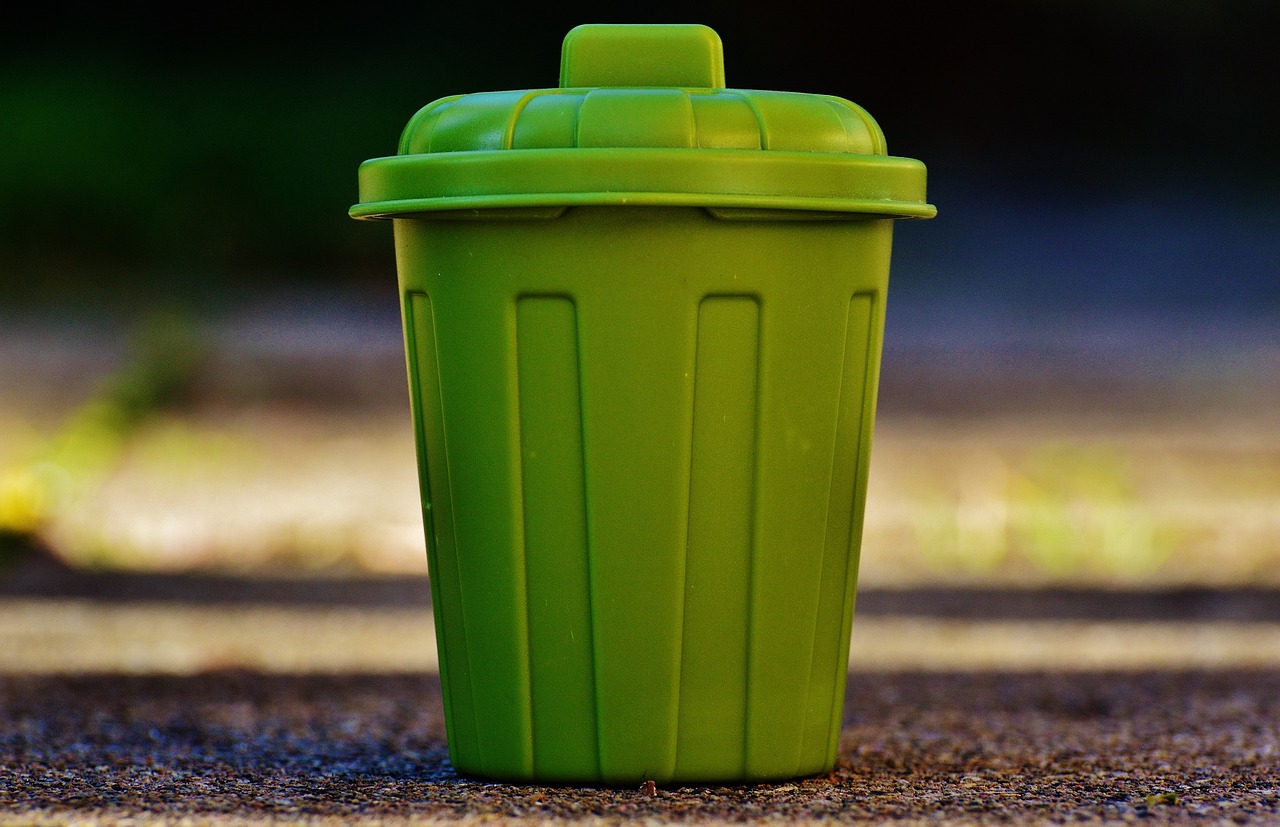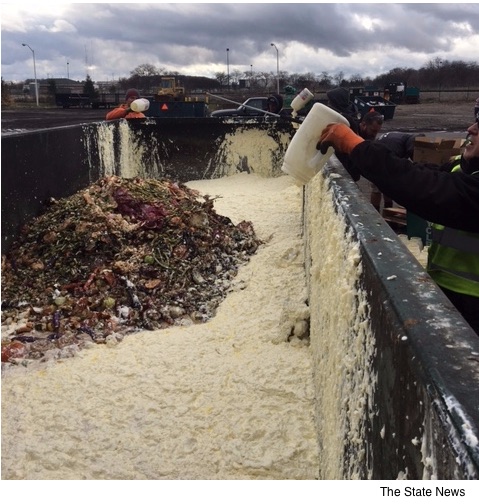Our story starts in a college dining room when students said the mayonnaise did not taste right. It turns out that a shipment of mayonnaise to Michigan State University had frozen. Yes, you could eat the mayo (I checked). It just does not taste nor look the same.
Where are we going? To the good side of garbage.
Where The Mayo Went
The problem came down to 500 single 2.5 gallon jugs of mayonnaise that no one wanted to eat. After the Food Bank refused the donation (reputedly because there was more than they could handle), the school devised the ideal solution.
Rather like turning lemons into lemonade, they fed the mayo to the school’s anaerobic digester. As technology that converts organic matter into energy, the digester was able to transform the food spread into biogas. Or, a bit more technically…we have high temperatures turning organic waste into methane which then can become fuel. Ultimately, that fuel can produce electricity, heat, or run a car.
The first step though on the path to biogas was emptying the 500 containers of mayonnaise. On December 2, 2016, it took 12 people two hours to pour the mayo into a 20-yard dumpster:
An Economic Indicator
All of that mayo is dwarfed by a global garbage supply that gets an additional 3.5 billion tons of solid waste each day. Recognizing that growing economies, e-commerce packaging and plastic bags add to our trash, we can use the volume of waste as a coincidental economic indicator. How to calculate the indicator? Through the waste that railcars take to landfills..
Below, from 1998 to 2016, waste carloads and the GDP follow somewhat of a similar pattern:
Our Bottom Line: Positive Externality
So yes, returning to our title, garbage is more than trash. It can be energy and an economic indicator. Or, as economists, we would say that it creates positive externalities–good side effects that impact many uninvolved bystanders.
My sources and more: H/T to the Now I Know blog for alerting me to MSU’s bad mayo. At first, I thought the story was just interesting. But then, it connected to the broader picture in this Washington Post garbage article. I also recommend reading what MSU had to say about anaerobic digestion and the mayonnaise crisis.








